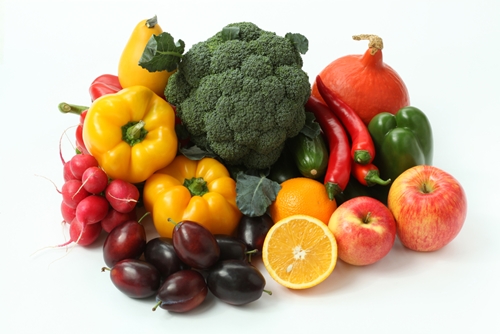Vegan and Vegetarian Based Diet for Seniors (2023 UPDATE)

Exploring Vegetarianism and Veganism for Seniors
It is well-known that food contributes to our health as we age, but with so much information out there about senior nutrition, it can be tough to know what type of diet to stick to for good nutrition. Both vegan and vegetarian diet for seniors can have many short and long-term health benefits. For many, including former President Bill Clinton, going for a diet that eliminates meat and animal products can result in a wide range of health benefits. Many seniors choose to become vegetarian or vegan for moral reasons or simply because a plant-based diet can be great for senior wellness later in life.
Vegetarianism and veganism: What’s the Difference?
The middle ground between vegetarian and vegan diets is that both do not consume meat. Veganism goes one step further by eliminating all animal products and by-products including dairy, honey and eggs. Vegans may need to more carefully plan their diets compared to vegetarians or omnivores to ensure they are eating enough of the right types of foods.
Many who eliminate meat and animal products from their diet will initially lose weight, which is one major reason many adopt a vegan or vegetarian diet. While some might think that a plant-based diet is bland, the options for meatless foods have come a long way and with a little education, the diet can be very tasty.
Vegetarian Diet for Seniors: Plant Based Diets
Vegetarianism and veganism can be a healthy diet if you are careful to consume all the necessary nutrients. Those who stick to a plant-based diet usually experience health benefits that can lower the risk of developing certain diseases and illnesses like:
- obesity
- cancer
- hypertension
- diabetes
- heart disease
- alcoholism
A big part of why the risk is lower for vegetarians is that eating a diet that is rich in vegetables and fruits will not clog arteries or make you gain weight.
Vision
When we get older, it is possible that our eyesight can develop age-related macular degeneration (AMD). Eating more fruits and vegetables can help protect your eyes from losing function and from developing cataracts. A study from the Oxford Medical Journal revealed that a high consumption of fruits and vegetables resulted in a lower risk of AMD among seniors. Vegetarian foods that can improve and protect eye health include spinach and leafy greens, walnuts, berries, broccoli, bell peppers and soy.
Risks
While starting a new diet can be tough, the risks of vegetarianism or veganism are low. It is important for everyone to eat many different types of food, no matter what type of diet you’re on, because it is impossible to survive without a diverse range of nutrients.
Some who do not eat meat or animal products run the risk of being deficient of certain vitamins if they are not careful about which foods they eat and how often. Seniors who are vegetarian may want to consider taking a B12 vitamin to ensure that they do not become deficient. High amounts of B12 are found in animal products like eggs, meat and milk. If you want to improve senior nutrition and are considering going vegetarian or vegan, start slowly by adding in more vegetables and fruit to your diet, eventually making them the base of your daily calories.
Conclusion
Embracing vegetarianism or veganism can significantly enhance the health and well-being of seniors by providing nutrient-rich and heart-healthy dietary options. Transitioning to a plant-based diet can support overall wellness, reduce the risk of chronic diseases, and promote longevity. If you need personalized guidance on making dietary changes or understanding your Medicare coverage for nutritional services, reach out to the trusted My Senior Health Plan team at 844-783-2340 for expert advice and support.
- How Medicare Advantage Plans Cover Seniors’ Vision, Hearing, and Dental Needs - October 29, 2024
- 2025 Medicare Part D Changes: How to Save on Prescriptions - October 25, 2024
- Everything You Need to Know About the 2025 Medicare Changes and How They Affect You - October 21, 2024

